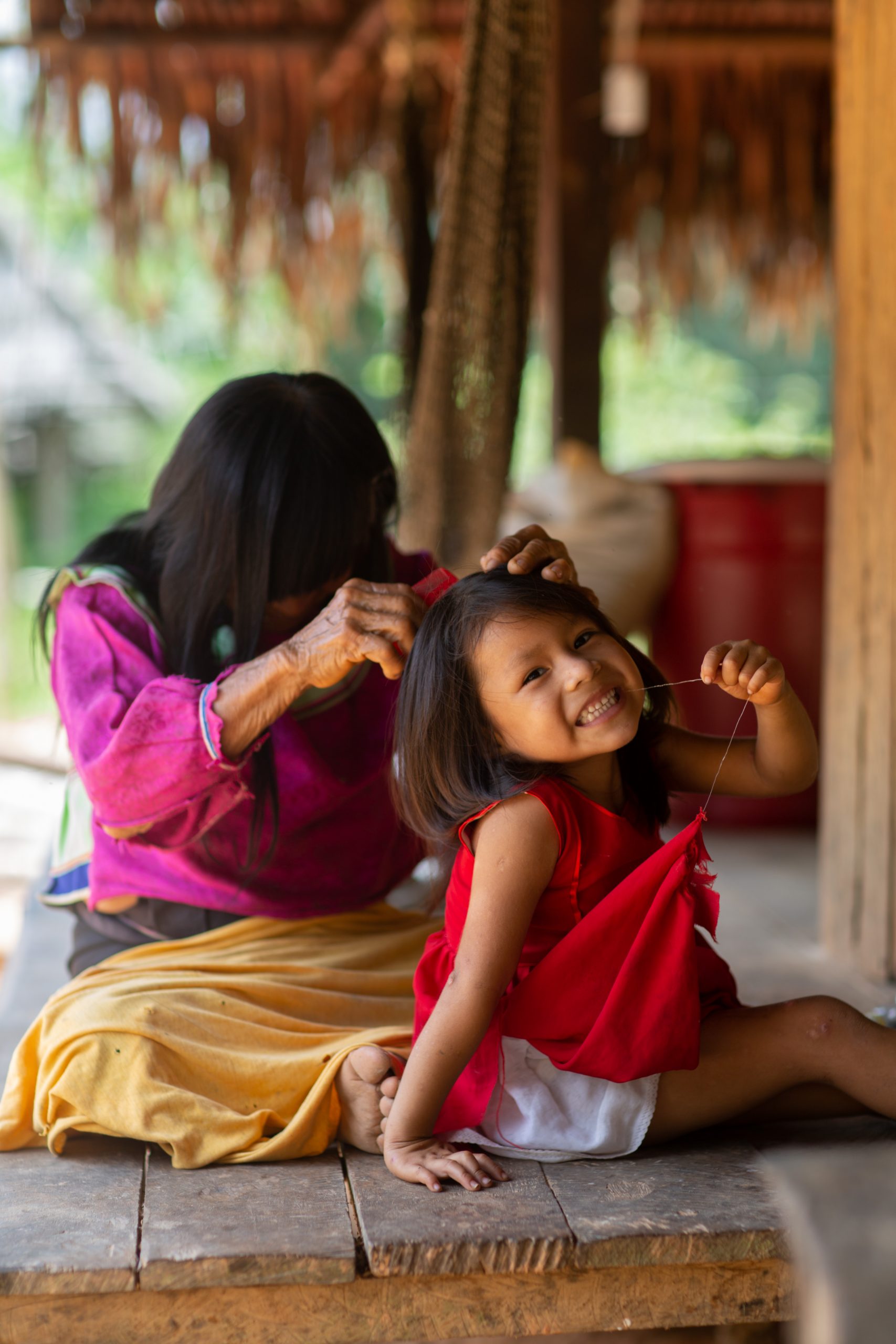Over 400,000 indigenous people live in the Peruvian Amazon, many of whom live in vulnerable conditions due to a combination of extractive industries, ecosystem degradation, and a lack of indigenous-owned businesses. The Forest Alliance, an initiative of the United States Agency for International Development (USAID), Mirova Natural Capital and AIDER, supports the sustainable development of the indigenous Peruvian people through Communal Forest Management. This model promotes the development of inclusive businesses that strengthen the indigenous economy, while generating positive social, economic and environmental impacts, such as community well-being and forest conservation. The Forest Alliance is a component of our Nii Kaniti project, and through Mirova Natural Capital, we represent the carbon credit generation arm of this initiative.
The Alliance is made strong by a combination of key relationships, expertise, funding and policy awareness, highlighting the importance of partnerships in the Peruvian Amazon. USAID’s recent webinar explores the Forest Alliance in detail, from technical assistance and business training to land tenure security and the mobilisation of public funds. The webinar, which features interventions from Alvaro Gaillour from USAID Peru and Marioldy Sanchez from AIDER, describes the current state of affairs for indigenous peoples in the Peruvian Amazon, as well as the challenges these communities face. The webinar highlights how Communal Forest Management, supported by a strong network of partners, brings economic benefits to communities while reducing environmental threats, protecting biodiversity, maintaining forest coverage and reducing overall GHG emissions.
Beyond discussing the Forest Alliance’s top line messages, this webinar dives into the details with a strong Q&A discussion, covering everything from community buy in to route to market for indigenous products. If you are looking to understand more about how strategic partnerships can work to scale up sustainable development and ecosystem protection, this webinar is for you. Check it out here.
